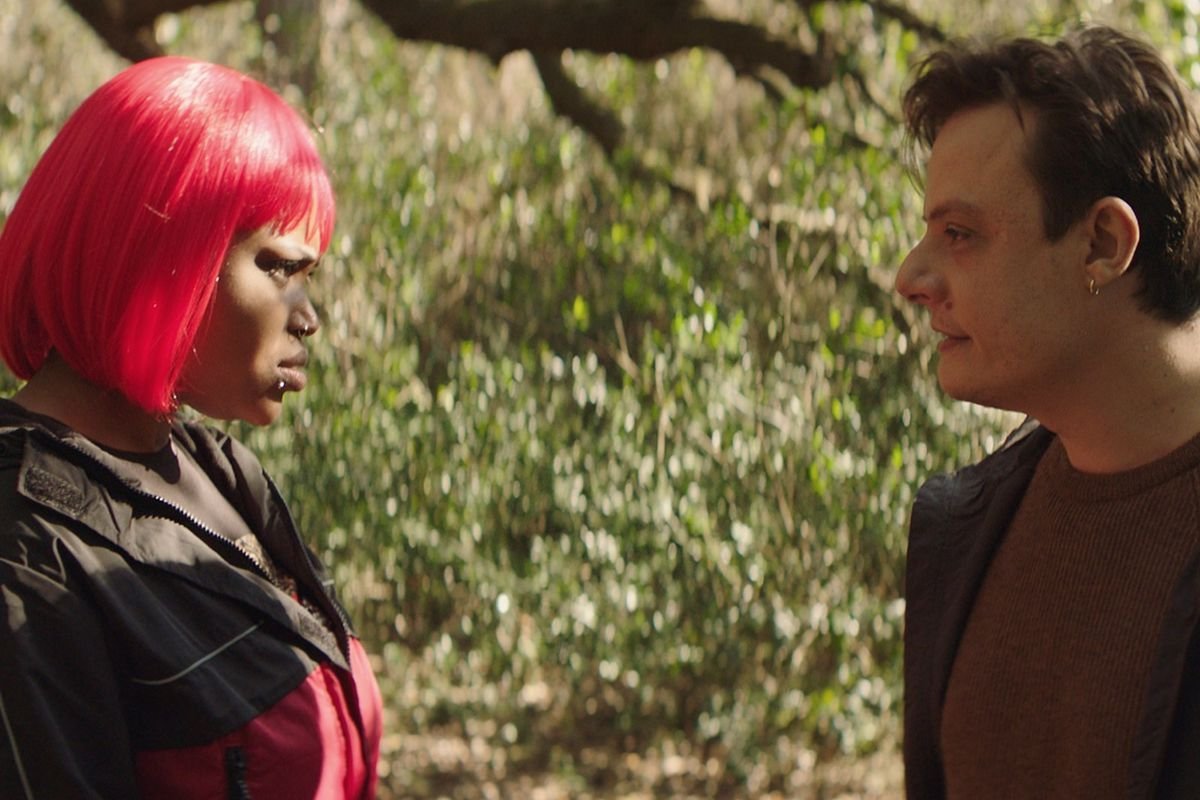Venice 2022: Princess
VENICEWith an effort to construct commentary on prostitution, Princess fails immediately. Note the use of “construct” rather than “engage with”. So fine a line between the two yet much distance for failure. Quality is not assured in films hoping, praying, for commentary of a social issue to fall into their lap without time spent understanding, digging, and engaging with. Among a lack of technical brilliance, Princess does have the failures about itself that come from a broad topic with no clear-cut heroes. Naturally the argument made is for the moral quandary at the heart to take hold, but it is borderline perverse and has no punch behind it to back up anything it hopes to say. Its youthful attire and elderly rage do not open up to commentary on this Roberto De Paolis piece, but close off to criticism and embrace confusion.
Unsettled it may be, some good will come from Princess. Paolis at the very least understands that provocation is just as good as engagement. To see a fox hit and killed, fried and eaten, in the opening minutes, sets a statement. It neglects the cast, creates doubt in the mind of the audience and there is a richness there that can create some fear, some focus for the issues at heart. Why Paolis does not question what can become of those eating foxes and selling their bodies in acts of “work” as the eponymous Princess (Glory Kevin) calls it, is unknowable. There are elements here rich for discussion that Paolis does not seem all that eager to start.
Princess opens with a shock to the system, and it continues from there. It is provocative but not in a thoughtful way. It neglects the morality of sex work, the danger of it and desperation that can be found within those attempting to make their way in a country that does not want them. Those collective thoughts, those moments, they are present in Princess but never take away from the focus that Paolis centres on. Instead of this touching portrayal of ethical thoughtfulness, Princess clings to a saviour in the form of Lino Musella’s work as Corrado. A middle-aged man, whisking away the 18-year-old girl to a life of simplicity and normality. Normality is the goal, but Corrado’s saviour figure is unsettling, not just due to the age gap, but because of the pacing found within, which relies on remembering the “work” that came before with other, cocaine lifestyle living horrors.
But is use of dialogue and the declaration of “work” enough to fight the line of inauthentic characters, shuffling along providing scenario after scenario? Not at all. Princess struggles tremendously to understand its own platform. What an opportunity missed to speak on the challenges that affect so many and with great frequency. Paolis instead provides a wrongful saviour hoping to whisk away Princess, who does not appear likeable. A self-entitlement spreads as they chow down on dead foxes, and despite some golden lines from Kevin, the lack of delicacy, or rather, immediacy and frequency of it and the emptiness between Corrado and Princess, marks Princess as an awkwardly poor representation of topical discourse.


